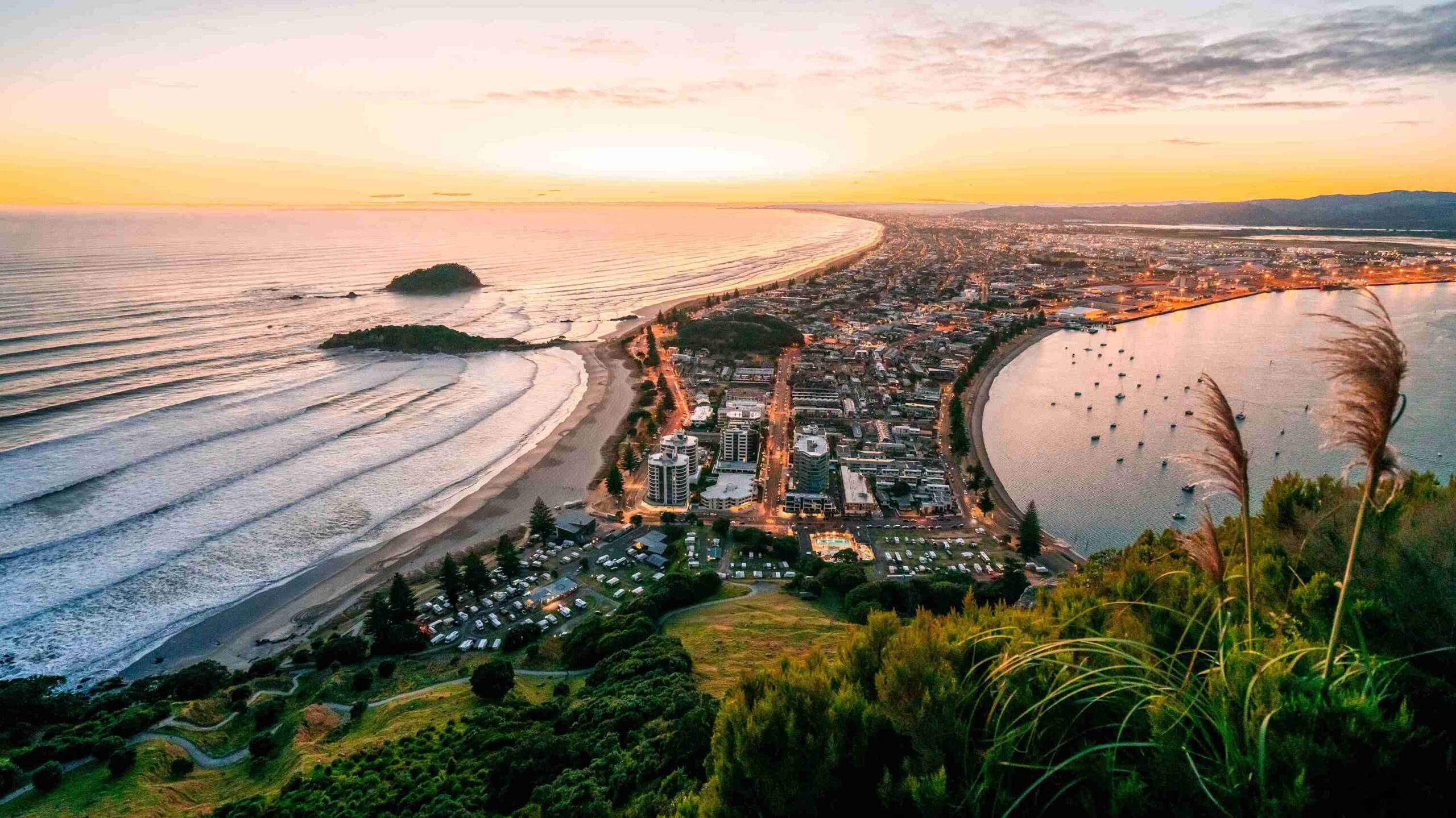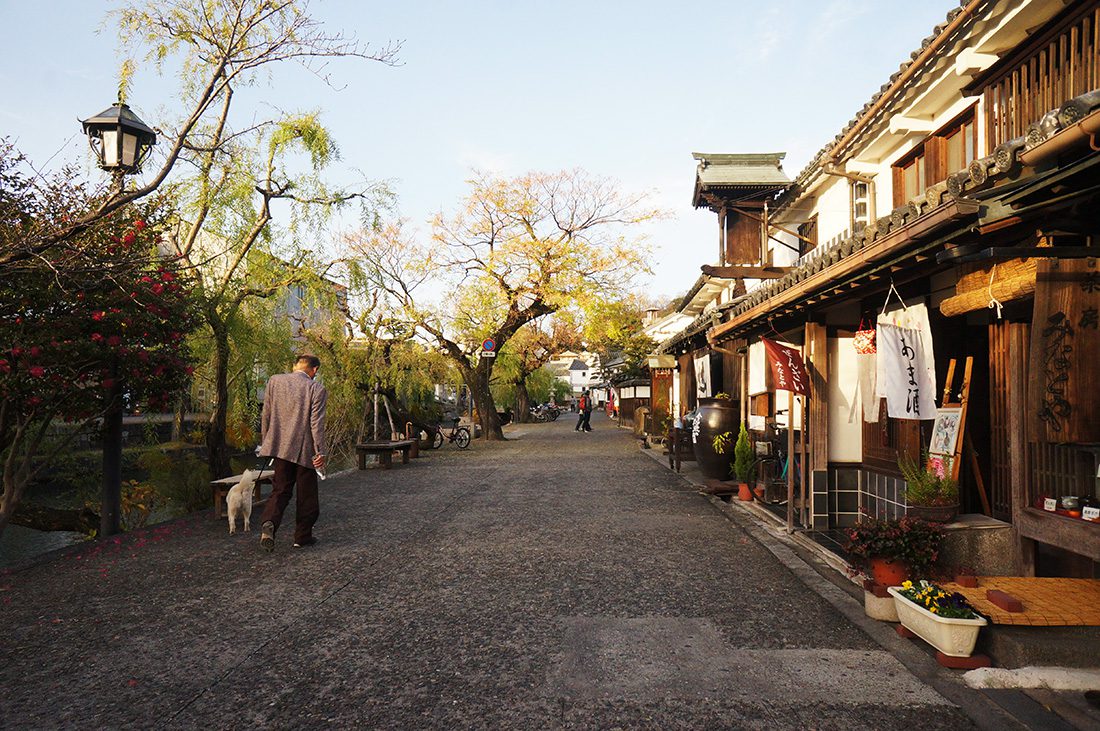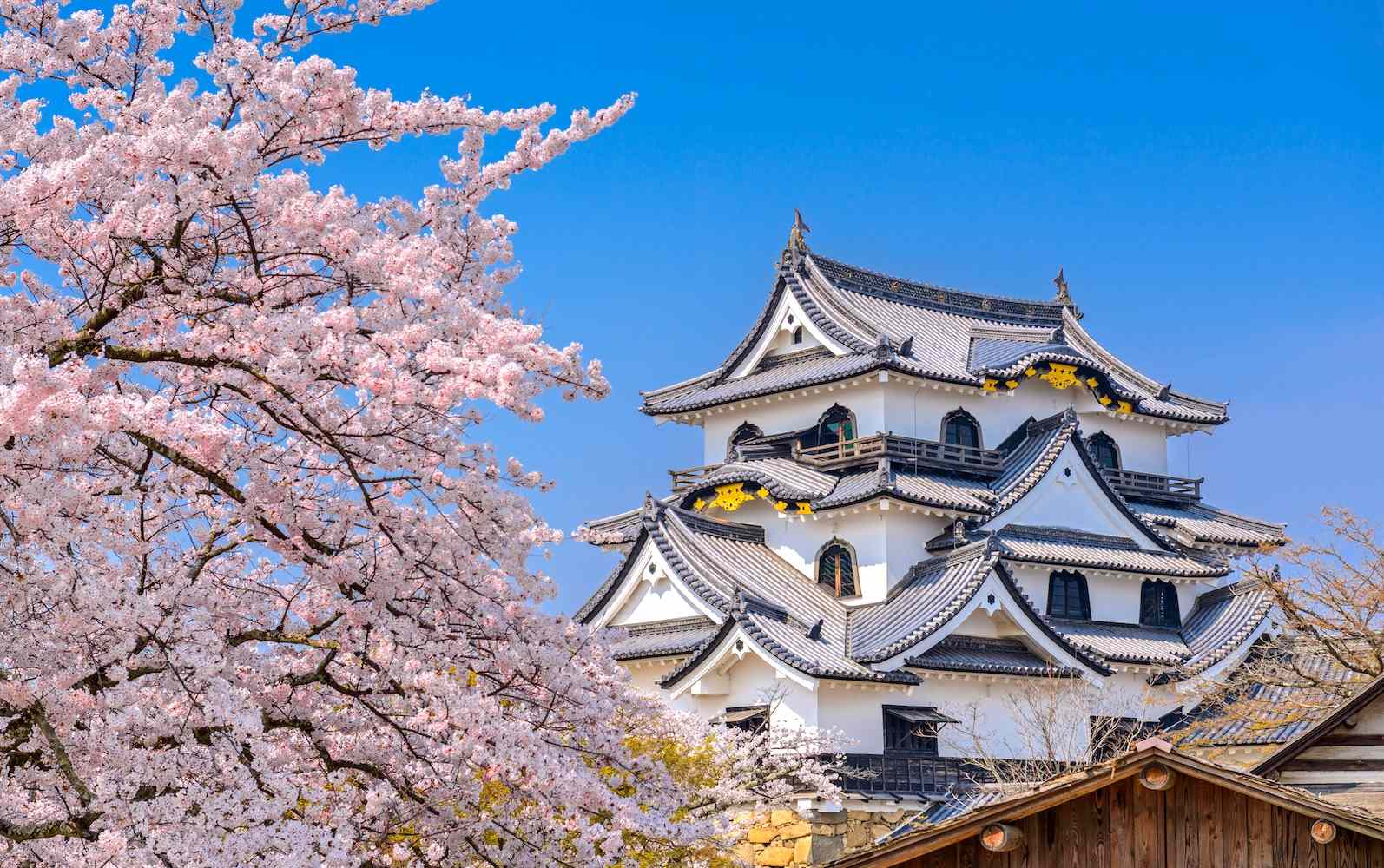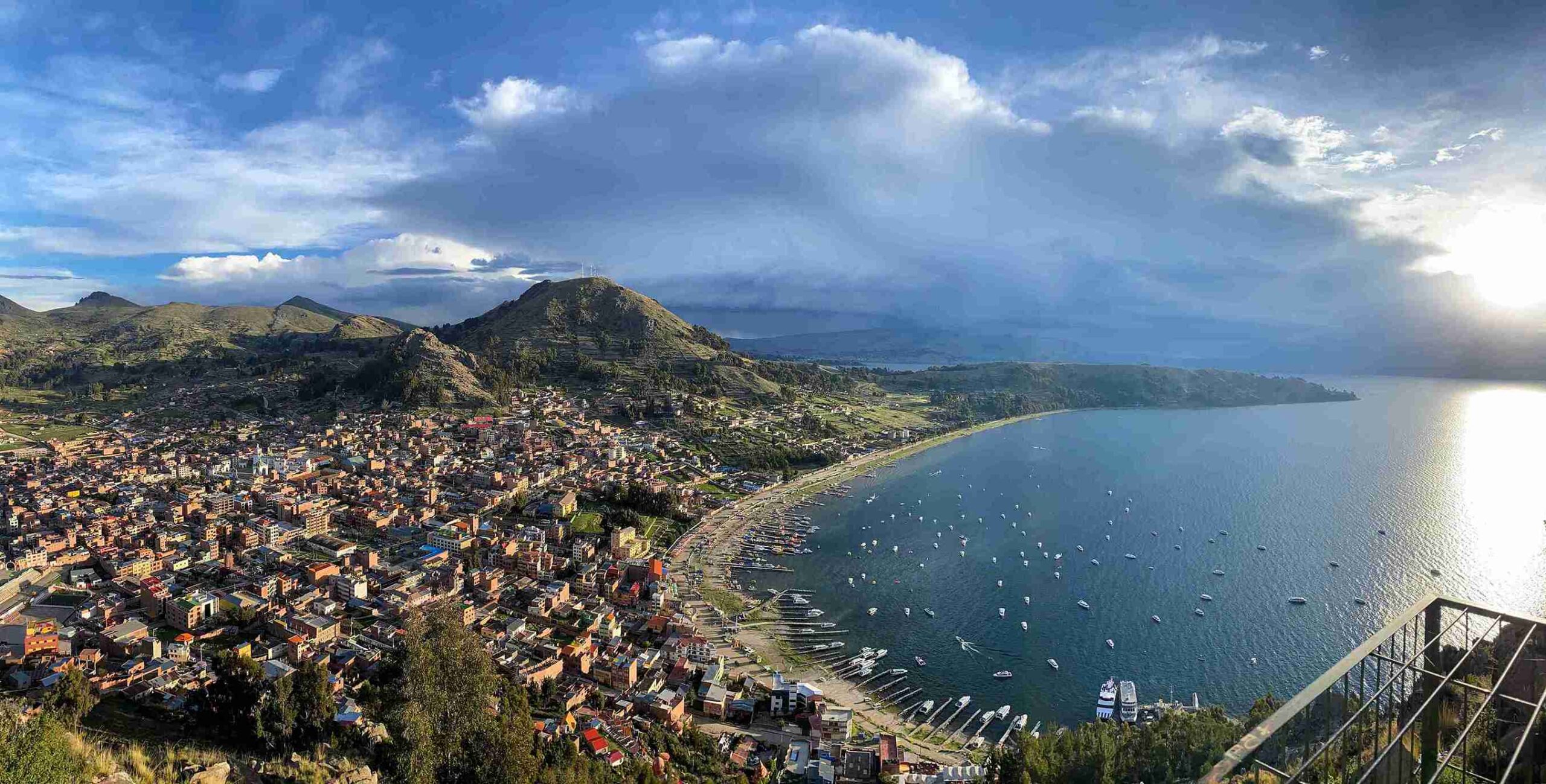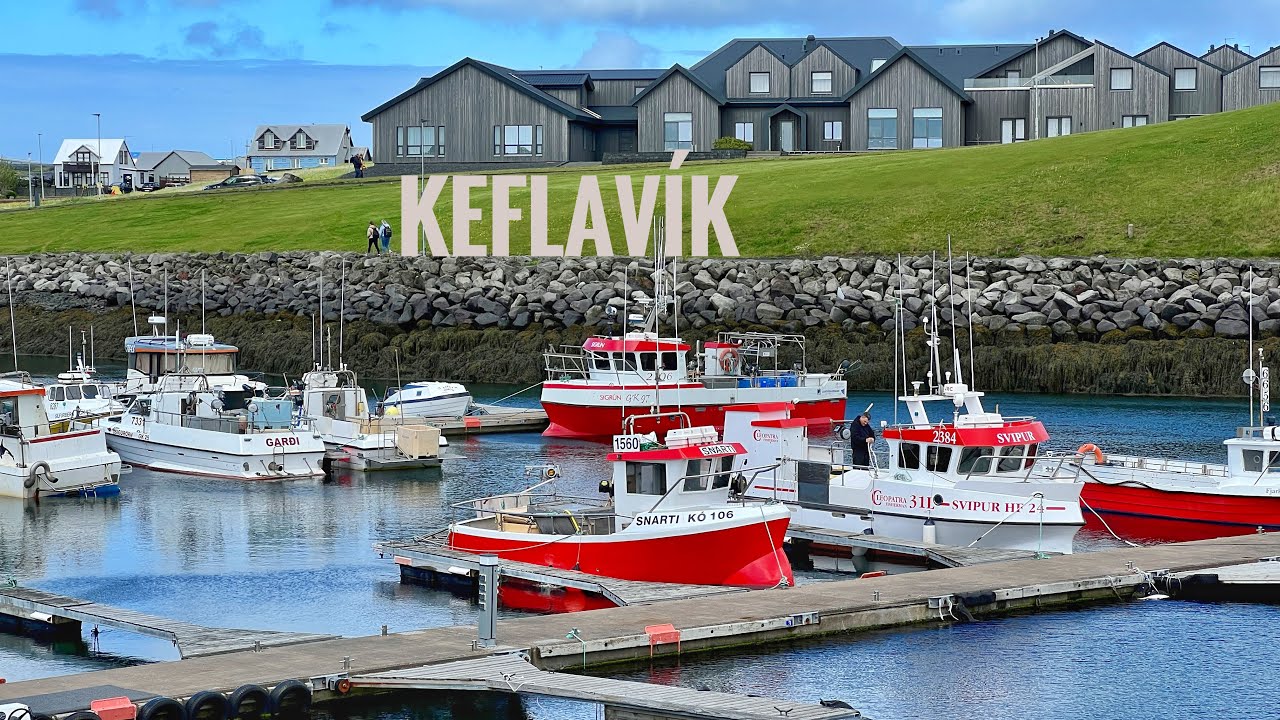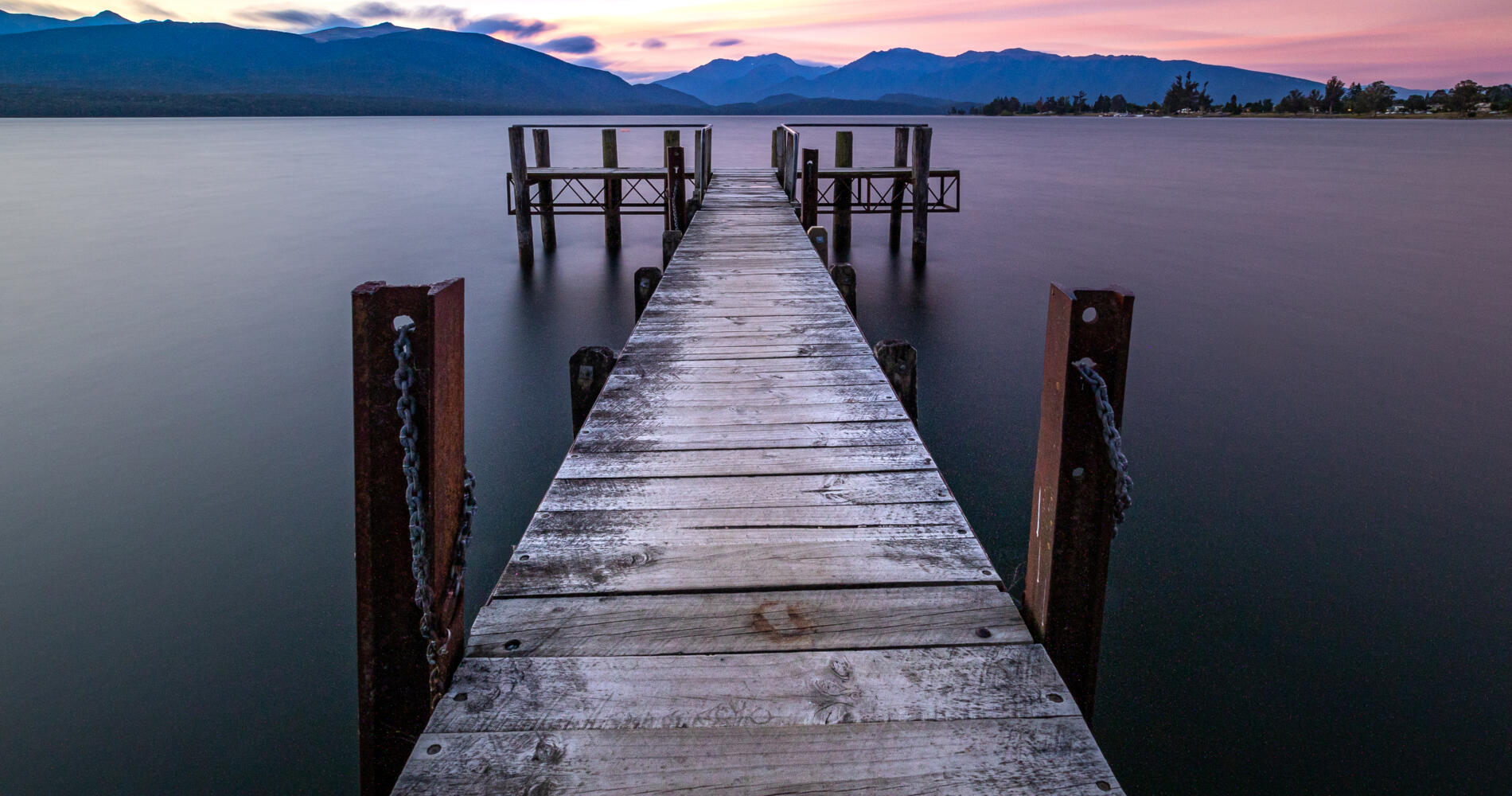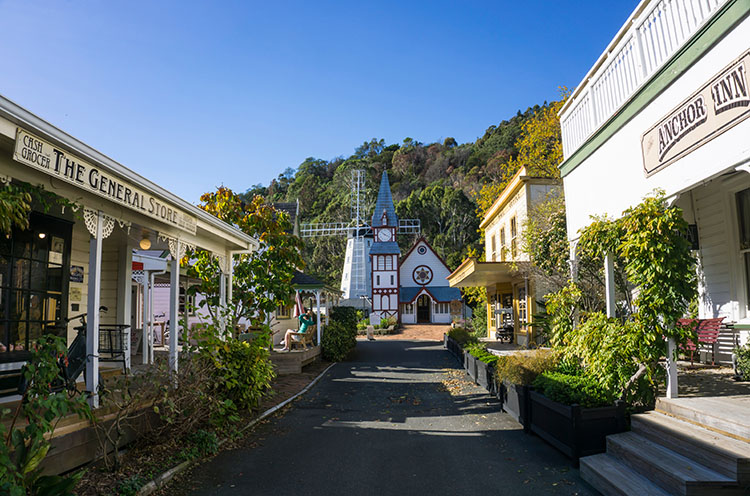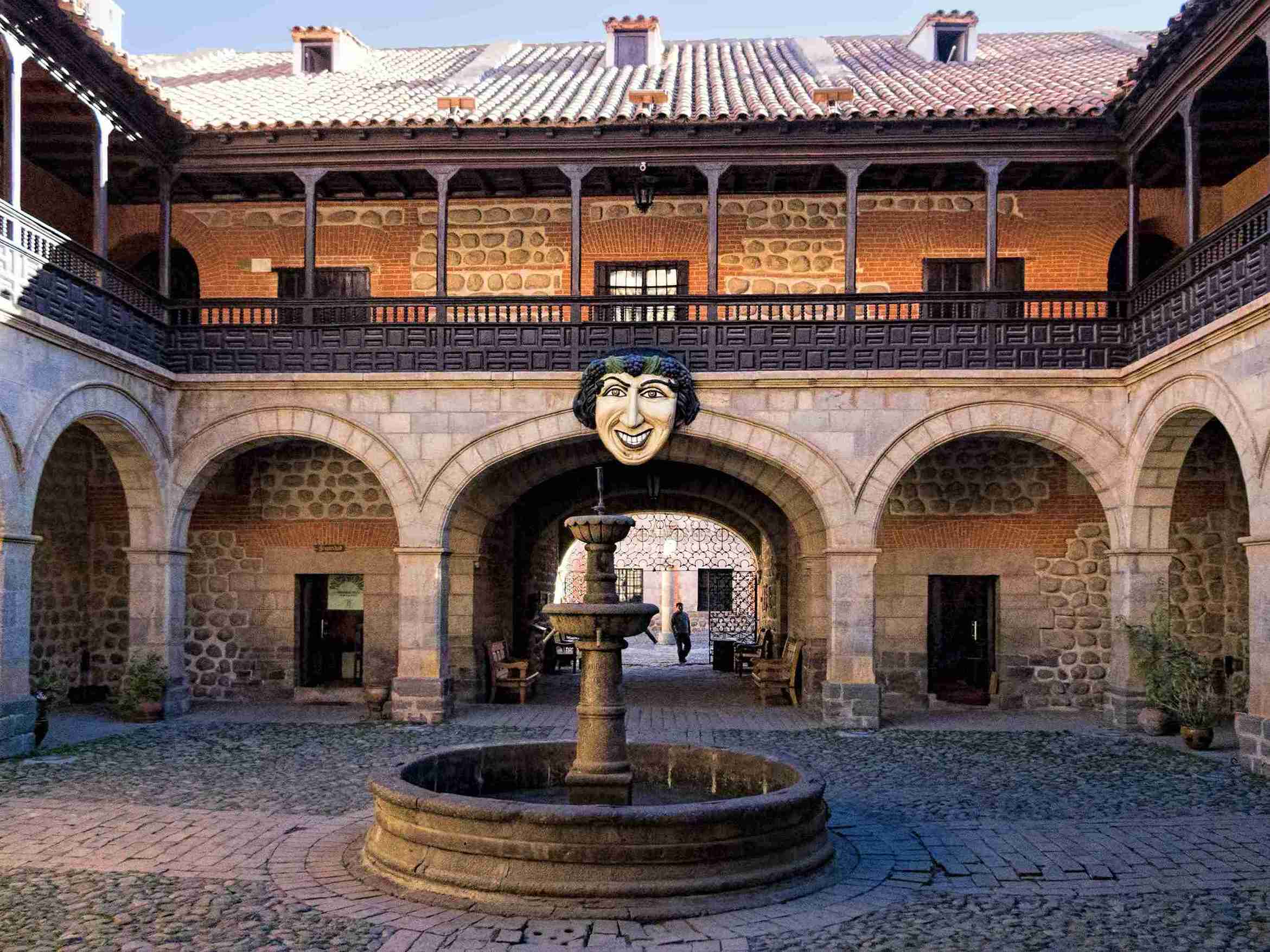Lilongwe, Malawi – Travel Tips
Category
Categories
Popular Articles
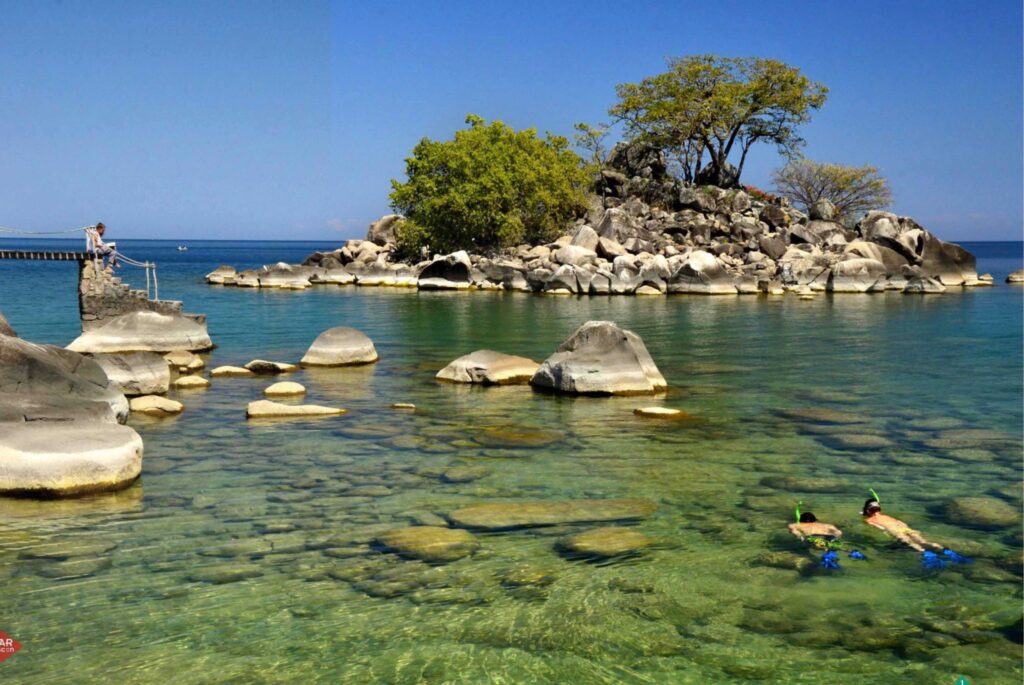
**Overview of the Destination: Lilongwe, Malawi**
Lilongwe, the capital city of Malawi and also its largest, is replete with natural beauty and cultural allure. Known for its vibrant markets, appealing nature reserves, and rich cultural experiences, Lilongwe is a gem worth discovering in Southern Africa. It’s famous for the Lilongwe Wildlife Centre, a sanctuary for rescued, orphaned, and injured wild animals, as well as for its warm and friendly locals.
**Best Time to Visit**
The ideal time to visit Lilongwe is between May and October during the dry season, when rainfall is minimal, and the temperatures hover around a comfortable 25°C. Take note to plan around the Lake of Stars Music Festival in late September, when the city is buzzing with energy. Off-peak seasons (November to April) provide an opportunity to soak in the beauty of Lilongwe’s landscapes painted green for the rainy season, often with fewer tourists and hence more tranquility.
**Climate & What to Pack**
The climate in Lilongwe is tropical, with a wet season from November to April and a dry season from May to October. It’s wise to pack lightweight clothing for the day times and warmer attire for cooler evenings during the dry season. During the rainy season, don’t forget to pack a waterproof jacket or umbrella. Comfortable walking shoes are also recommended as Lilongwe is a city best explored on foot.
**Getting There**
Kamuzu International Airport, located about 25km north of Lilongwe, is the main international gateway into Malawi. Regular taxi and minibus services operate from the airport into the city. Visitors from many countries can obtain a visa on arrival, but it’s best to check the latest information from the Department of Immigration in Malawi.
**Getting Around Locally**
Exploring Lilongwe can be an adventure in itself. Most people use minibuses to navigate the city; they’re a cheap and accessible, albeit not always comfortable, mode of transport. For easier travel, consider a taxi or rideshare. These are more expensive but offer more convenience. Walking is a fantastic way to explore the city, but be prepared for occasional lack of sidewalks. Car or scooter rentals are also available.
**Safety Tips**
Lilongwe is generally considered safe for tourists. Stick to populated areas, especially at night, and observe common travel sense: don’t flaunt valuable belongings and always keep an eye on your personal items. While scams are unusual, remain vigilant. It’s also worth noting that Malawi is a conservative country, so dressing modestly and behaving respectfully is key, particularly when visiting villages and rural areas.
**Top Things to Do & See**
A visit to the Lilongwe Wildlife Centre should be a priority, as should a stroll around the Old Town, bursting with historic charm. For nature lovers, the Lilongwe Nature Sanctuary, located in the town’s center, offers excellent bird-watching opportunities. Be sure to also catch a traditional dance performance or explore the vibrant Lilongwe Market.
**Where to Stay**
Whether you’re a budget-conscious backpacker or looking for luxury accommodation, Lilongwe has something that’ll suit your needs. Most hotels are scattered around the city center and Old Town, putting you close to key attractions and amenities.
**Food & Local Cuisine**
Indulge in traditional Malawian dishes like Nsima (similar to polenta), or fish and rice dishes. Street food stalls, particularly in Lilongwe Market, are great places to sample local cuisine. Etiquette dictates eating with the right hand, so it’s polite to follow suit.
**Cultural & Practical Tips**
Malawi’s official currency is the Malawian Kwacha and English is widely spoken. Tipping is customary in restaurants, usually around 10% of your bill. Most plugs are type G, similar to UK plugs, and voltage is 230V. Free Wi-Fi is common in hotels and some cafes. Malawians are a friendly and approachable lot, so don’t hesitate to interact with locals.
**Sustainable or Responsible Travel Tips**
A key tip for responsible travel is to support local businesses and craftspeople. Consider guided tours from local sources, and buy from local markets. Be mindful of the natural environment and always follow guidelines when exploring nature reserves or sanctuaries.
**Personal Travel Insight**
As a first-time visitor to Lilongwe, take time to absorb the slower pace of life and the warmth of its people. This is not a destination to rush through; it’s a place to embrace and let its smiles, colors, and rhythms etch a memorable imprint on your global journey. Remember, Lilongwe is more than just a destination – it’s an experience!


